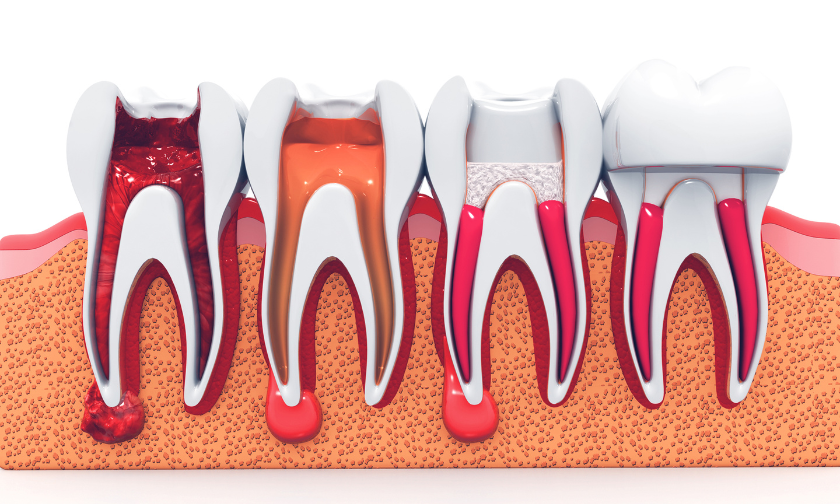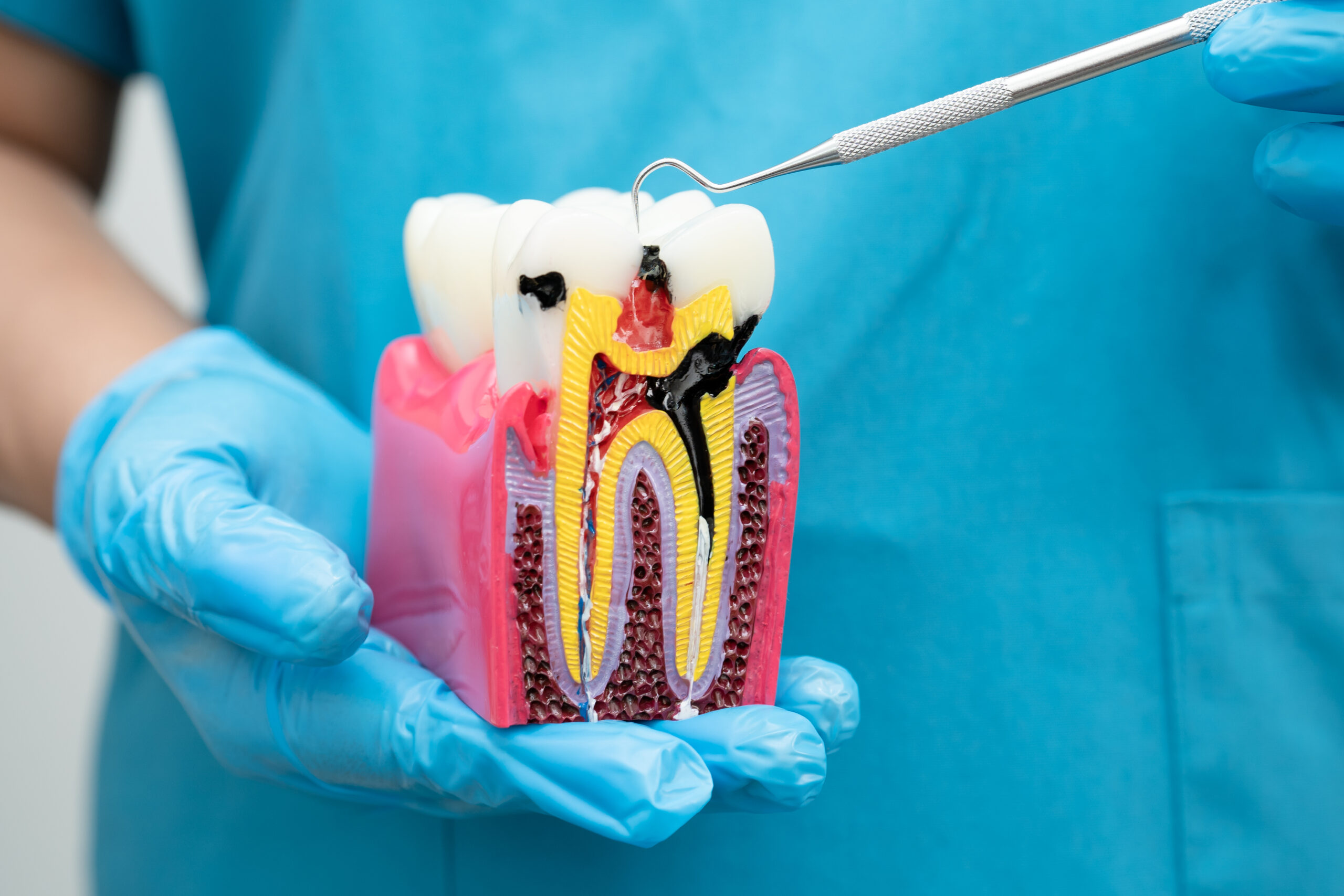
A root canal treatment is a dental procedure designed to treat infection or damage in a tooth’s pulp, saving it from extraction. Though the thought of undergoing a root canal may cause anxiety, understanding pain management techniques can help alleviate any worries. This blog will explore how pain is managed during and after a root canal procedure so that you can feel more confident about your treatment.
Pain Management During a Root Canal Procedure
One of the patients’ most significant concerns before a root canal treatment in Peachtree Corners is the pain they might experience during the procedure. Thankfully, modern dentistry ensures that you remain as comfortable as possible throughout the process.
Local Anesthesia is the primary method to numb the area around the infected tooth. The dentist administers a local anesthetic, typically lidocaine, to block any pain sensations. This allows you to remain conscious and relaxed while the dentist works. Thanks to advancements in numbing techniques and technology, most patients report feeling little to no discomfort during the procedure.
For those who experience anxiety or fear, sedation options are available. Oral sedatives or nitrous oxide (laughing gas) may be offered to help you feel more at ease. In rare cases, general anesthesia can be used, which is typically reserved for more complex cases.
Post-Procedure Discomfort: What to Expect
Some discomfort or soreness after the root canal treatment is normal but usually manageable. This is because the dentist has manipulated the tooth and surrounding tissue, which can cause temporary irritation. The pain typically peaks within the first few days and then gradually decreases.
It’s important to remember that any post-procedure pain is usually much less intense than the pain caused by an untreated infection. Most patients report discomfort comparable to a filling or mild toothache. The good news is that pain usually subsides within a few days.
Over-the-Counter Pain Relief
In the days following a root canal treatment, your dentist will likely recommend over-the-counter pain relievers such as ibuprofen or acetaminophen to help manage any discomfort. These medications help reduce swelling and inflammation, making recovery more comfortable.
If you are allergic to pain relievers or have specific concerns, consult your dentist. They may suggest an alternative or provide a prescription for a more potent painkiller if necessary.
Ice Packs and Rest for Swelling
Swelling is a common side effect following a root canal treatment. To manage swelling, apply an ice pack wrapped in a cloth to the outside of your cheek near the treated area. Apply the ice for 15 to 20 minutes, with breaks in between, to avoid skin damage.
Along with ice, rest is crucial for your recovery. Avoid strenuous activities and ensure you get enough sleep to promote the healing process. While the swelling is usually at its worst within the first 48 hours, keeping your head elevated during sleep can help reduce inflammation.
When to Contact Your Dentist
While most pain and discomfort following a root canal treatment are temporary, there are times when you should contact your dentist. Suppose the pain intensifies after a few days. If you notice excessive swelling or fever or the discomfort doesn’t improve with over-the-counter medication, it may indicate a complication.
In rare cases, dental infection may persist, or a tooth may become reinfected after the procedure. This could lead to more severe symptoms that require further treatment. Always trust your instincts and contact your dentist if anything feels abnormal.
Effective Pain Management for a Smooth Recovery
The right approach makes managing pain during and after a root canal entirely achievable. Local anesthesia, sedation options, and post-procedure care like ice packs and over-the-counter pain relievers can help ensure a smooth recovery process. Remember to follow your dentist’s instructions, and don’t hesitate to reach out if you have any concerns. Root canal treatments are a standard and effective procedure, and with proper pain management can help preserve your tooth and restore your oral health.




